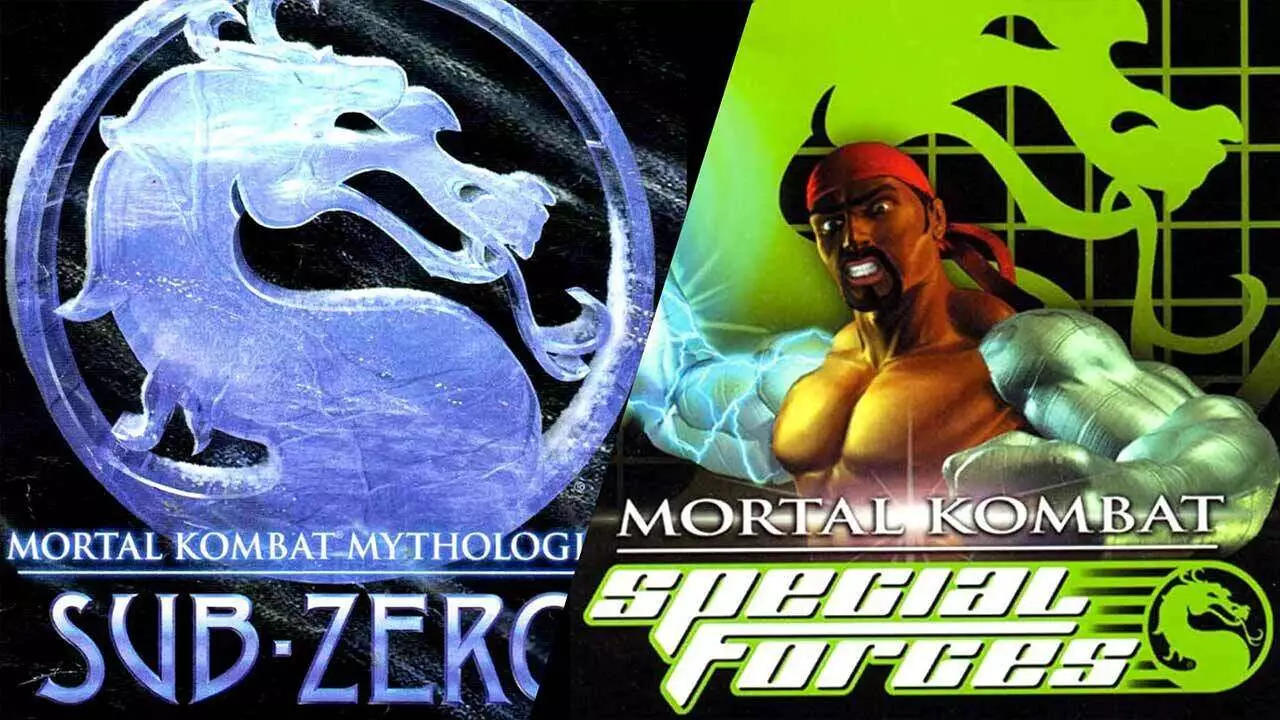Digital Eclipse’s announcement of the Mortal Kombat: Legacy Kollection signifies more than just a compilation; it’s a passionate effort to preserve gaming history and reintroduce beloved—and sometimes overlooked—titles to modern audiences. These added titles, particularly Mortal Kombat Mythologies: Sub-Zero and Mortal Kombat Special Forces, are relics from an era where Capcom-style production values met gritty arcade intensity. Their inclusion is a testament to Digital Eclipse’s commitment to honoring every facet of the franchise, regardless of how flawed or obscure some entries may be. This collection isn’t merely about nostalgia; it’s about celebrating the franchise’s evolution and recognizing the diversity of its roots.
What makes this collection compelling is the way it addresses gaps in the franchise’s history. Mortal Kombat Mythologies, with its flawed platforming mechanics yet fascinating live-action cutscenes, showcases a bold attempt to move beyond the traditional fighting game mold. Meanwhile, Mortal Kombat Special Forces, despite its problematic development history, adds depth by illustrating the trial-and-error approach that MK took in extending its universe to third-person perspectives. Digital Eclipse isn’t just porting these titles; they’re refining them with thoughtful enhancements like rewind features, on-screen move lists, and a Trainer Mode, making these games accessible without diluting their original challenging spirit.
Technological Preservation and Evolution
One of the standout features in this collection is the inclusion of the WaveNet edition of Ultimate Mortal Kombat 3, a version once thought to be lost to time. Its historical significance cannot be overstated; as the only Mortal Kombat arcade game to include Noob Saibot and support Midway’s pioneering online matchmaking, this version was ahead of its time, bridging arcade fidelity with early online capabilities. The fact that Digital Eclipse was able to locate a working arcade cabinet and bring this version back to life is a testament to their dedication. It’s not just about nostalgia; it’s about safeguarding a piece of technological innovation that paved the way for the online experiences we now take for granted.
Stephanie Brownback’s detailed insights into WaveNet’s technological prowess underscore that this wasn’t merely a graphical upgrade but a revolution in online arcade gaming. Such technological feats enrich the collection’s historical narrative, offering players an inside look at how much Mortal Kombat was pushing industry boundaries well over two decades ago. These complex layers of technological preservation demonstrate that Mortal Kombat’s significance extends beyond its brutal combat—it’s about innovation, legacy, and the constant push to redefine what fighting games can be.
Reevaluating the Flaws of the Past
While the collection emphasizes the importance of catalogue preservation, it also invites reflection on the unpolished corners of the franchise. Mortal Kombat Mythologies: Sub-Zero, for instance, is often dismissed as a flawed experiment—its sluggish controls and punishing platform sections often frustrate modern players. Yet, its experimental gameplay, skill trees, and over-the-top live-action cutscenes reveal a bold, if imperfect, attempt to diversify the franchise’s storytelling and gameplay.
Similarly, Mortal Kombat Special Forces is often regarded as a misfire, a game marred by its troubled development and corporate upheaval. However, it remains a vital piece in understanding the franchise’s trajectory, especially how internal conflicts and developer changes affect game quality. Digital Eclipse’s decision to include these titles demonstrates their respect for the franchise’s full history, acknowledging that every misstep and less celebrated entry is part of the larger narrative of Mortal Kombat’s evolution.
This collection challenges fans and newcomers alike to revisit these titles with a critical eye, appreciating their flaws as part of the creative process. It reminds us that greatness isn’t solely defined by perfection but by a franchise’s willingness to experiment, adapt, and persevere through setbacks.
Anticipating a New Chapter for Mortal Kombat
With Mortal Kombat 2 slated for a big-screen release just months after the collection’s launch, there’s a palpable excitement about the franchise’s ongoing relevance. This release isn’t just nostalgia; it’s an affirmation that Mortal Kombat’s legacy remains vital in contemporary pop culture. Digital Eclipse’s collection acts as both a historical archive and a launchpad, inspiring a new generation of players to explore the roots of the brutal gameplay that has become a cultural phenomenon.
In essence, this compilation isn’t just about what’s included—it’s about what these titles represent: resilience, innovation, and the enduring appeal of Mortal Kombat. Digital Eclipse has crafted not just a collection but a story of perseverance and rebirth, providing a comprehensive look at how a franchise can learn from its past while forging a bold future. For both die-hard fans and curious newcomers, this isn’t just a re-release; it’s a testament to the unyielding spirit of Mortal Kombat.

